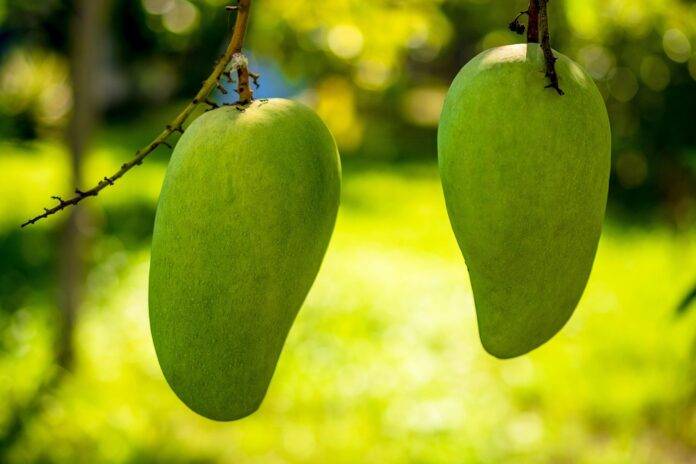Sustainability in Mango Farming: Reducing Water Use and Carbon Footprint
Mango farming is a crucial industry in many tropical regions, providing economic opportunities for farmers and delicious fruit for consumers worldwide. However, the intensive cultivation of mangoes can have negative environmental impacts, particularly in terms of water use and carbon footprint. In this report, we will explore strategies for reducing water use and carbon footprint in mango farming while keeping costs low.
Current Challenges in Mango Farming
Mango farming typically requires significant amounts of water for irrigation, leading to water scarcity issues in some regions. Additionally, the use of chemical fertilizers and pesticides in conventional farming practices can contribute to greenhouse gas emissions and soil degradation, further exacerbating environmental problems.
Water Use Reduction
One of the key strategies for reducing water use in mango farming is the implementation of drip irrigation systems. Drip irrigation delivers water directly to the roots of plants, minimizing evaporation and runoff compared to traditional sprinkler systems. This method not only conserves water but also improves the efficiency of nutrient uptake by mango trees, leading to healthier crops.
In a study conducted by the International Water Management Institute, the adoption of drip irrigation in mango orchards resulted in a 30% reduction in water use compared to conventional irrigation methods. This significant water savings not only benefits the environment but also reduces operational costs for farmers in the long run.
Carbon Footprint Reduction
To reduce the carbon footprint of mango farming, farmers can implement sustainable practices such as organic farming, agroforestry, and integrated pest management. Organic farming avoids the use of synthetic chemicals, reducing greenhouse gas emissions and promoting soil health. Agroforestry involves planting trees alongside mango orchards, sequestering carbon and providing additional income opportunities for farmers. Integrated pest management utilizes natural predators to control pests, minimizing the need for chemical pesticides.
A case study conducted by the Food and Agriculture Organization (FAO) demonstrated that the adoption of organic farming practices in mango cultivation reduced carbon emissions by 40% compared to conventional farming methods. By incorporating these sustainable practices, mango farmers can mitigate the environmental impact of their operations while maintaining profitability.
Cost-Effective Solutions
While sustainability measures are crucial for reducing water use and carbon footprint in mango farming, it is essential to consider the financial implications for farmers. Implementing drip irrigation systems and sustainable farming practices may require initial investments, but the long-term benefits outweigh the costs.
Financial Analysis
According to a cost-benefit analysis conducted by the World Bank, the payback period for drip irrigation systems in mango orchards is typically 2-3 years. The savings in water costs and increased crop yields result in a return on investment of over 20% annually. Similarly, the transition to organic farming practices may involve higher labor costs initially, but the premium prices for organic mangoes can offset these expenses, leading to higher profits for farmers.
By adopting cost-effective solutions for reducing water use and carbon footprint in mango farming, farmers can achieve environmental sustainability while maintaining profitability. The integration of drip irrigation systems, organic farming practices, and agroforestry not only benefits the planet but also ensures a sustainable future for the mango industry.
In conclusion, sustainability in mango farming is essential for preserving water resources and reducing greenhouse gas emissions. By implementing water-saving technologies, organic farming practices, and carbon sequestration methods, mango farmers can reduce their environmental impact while enhancing their economic viability. Through strategic investments and sustainable practices, the mango industry can thrive in a changing climate while maintaining its commitment to environmental stewardship.




